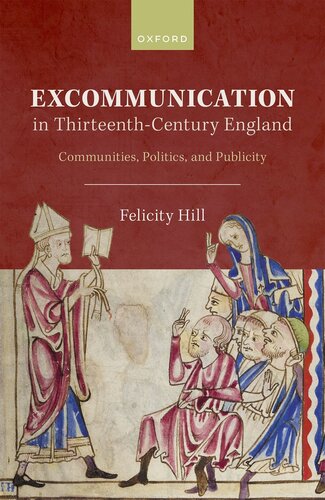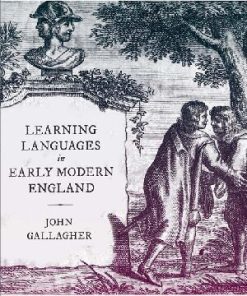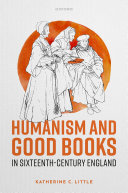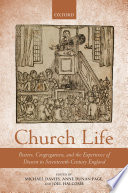Excommunication in Thirteenth Century England 1st edition by Felicity Hill 0192576743 9780192576743
$50.00 Original price was: $50.00.$25.00Current price is: $25.00.
Excommunication in Thirteenth-Century England 1st edition by Felicity Hill – Ebook PDF Instant Download/DeliveryISBN: 0192576743, 9780192576743
Full download Excommunication in Thirteenth-Century England 1st edition after payment.

Product details:
ISBN-10 : 0192576743
ISBN-13 : 9780192576743
Author : Felicity Hill
Excommunication was the medieval churchs most severe sanction, used against people at all levels of society. It was a spiritual, social, and legal penalty. Excommunication in Thirteenth-Century England offers a fresh perspective on medieval excommunication by taking a multi-dimensional approach to discussion of the sanction. Using England as a case study, Felicity Hill analyzes the intentions behind excommunication; how it was perceived and received, at both national and local level; the effects it had upon individuals and society. The study is structured thematically to argue that our understanding of excommunication should be shaped by how it was received within the community as well as the intentions of canon law and clerics. Challenging past assumptions about the inefficacy of excommunication, Hill argues that the sanction remained a useful weapon for the clerical elite: bringing into dialogue a wide range of source material allows effectiveness to be judged within a broader context. The complexity of political communication and action are revealed through public, conflicting, accepted and rejected excommunications. Excommunication could be manipulated to great effect in political conflicts and was an important means by which political events were communicated down the social strata of medieval society. Through its exploration of excommunication, the book reveals much about medieval cursing, pastoral care, fears about the afterlife, social ostracism, shame and reputation, and mass communication.
Excommunication in Thirteenth-Century England 1st Table of contents:
Part I. Individuals
1. The Spiritual Effects of Excommunication: Instilling Fear
Excommunication as Medicine and Legal Sanction
Excommunication in Miracle Tales
Anger and Legal Procedure
The Rite of Excommunication
Words of Excommunication
‘Nisi’ Clauses
Conclusions
2. Belief, Fear, and Conscience
Dying Excommunicate
Unforced Absolution
Wariness of Excommunication
Divine Retribution
Living as an Excommunicate
Conclusions
Part II. Communities
3. Exclusion from the Community of the Faithful
Exclusion and Contagion
Mitigations
Loss of Legal Rights
Exclusion from Church
Pretext for Mistreatment
Implications of a Lack of Evidence
Prelude to Physical Force
Conclusions
4. Apathy, Rejection, and Divided Loyalties
Problems with Voluntary Ostracism
Punishment of Communicators
Unjust Excommunications
Mouldable sentences: Latae sententiae
Royal Interference
Conclusions
Part III. Publicity
5. Publicity, Reputation, and Scandal
Audience
Public Discords
Fulmination
Reputation, Defamation, and Denunciations
Absolution and Penance
Excommunication and Public Unrest
Violence against Clergy using Excommunication
Conclusions
6. Violence, Excommunication, and Dispute Settlement: Thame, 1292–94
7. Ecclesiastical Broadcasting in the Thirteenth Century: The Origins of the Great Curse
A New Practice
Offences Condemned
Publication Provisions
Why publish latae sententiae?
Implementation
Reception
Conclusions
Conclusion
People also search for Excommunication in Thirteenth-Century England 1st:
excommunication definition
catholic excommunication
vigano excommunication
mormon excommunication
latae sententiae excommunication
Tags: Excommunication, Thirteenth Century, England, Felicity Hill
You may also like…
History - European History
Humanism and Good Books in Sixteenth-Century England Katherine C. Little
Religion & Spirituality - Christianity
Social Science
England’s Jews: Finance, Violence, and the Crown in the Thirteenth Century 1st Edition John Tolan












